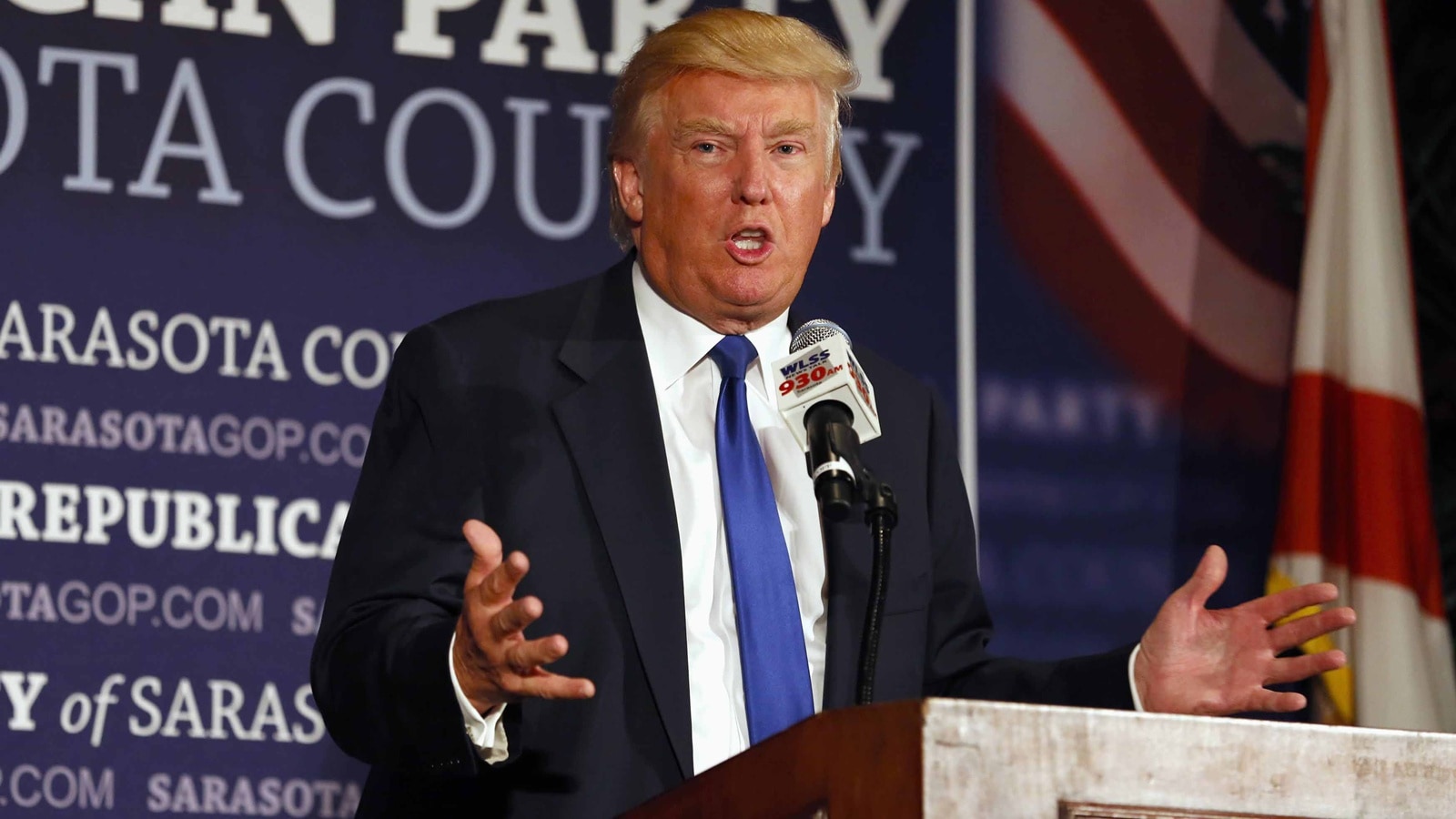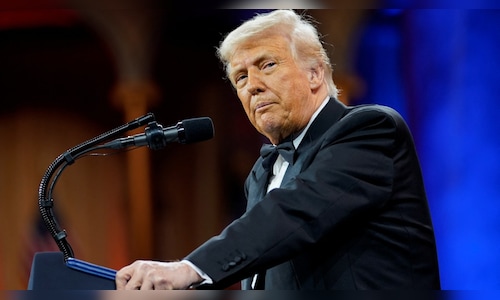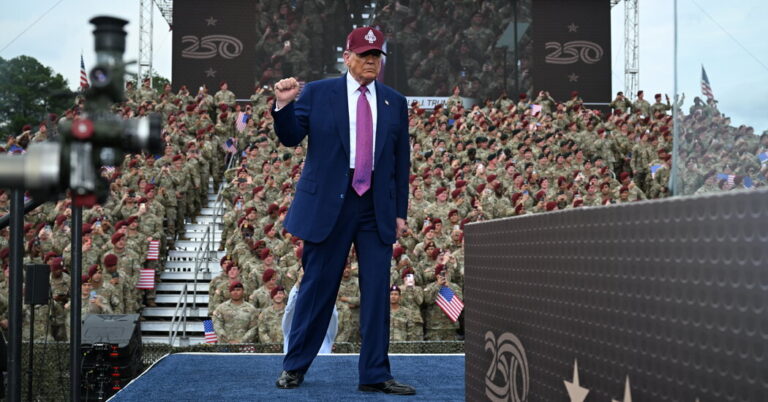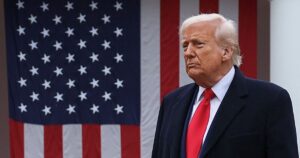In a rare television interview from the 1980s with entertainment journalist Rona Barrett, a 34-year-old Trump sat down to talk about life, ambition, and—unexpectedly—politics. His answer was as forthright as it was revealing.
“I really don’t believe I would, Rona. But I would like to see somebody as the President who could do the job. And there are very capable people in this country. Most people who are capable are not running for office. Most men are frightened of politics today.”
Trump, already a rising celebrity at the time, expressed a deep scepticism about the political system, lamenting the lack of strong leadership and the toll public service can take on an individual.
“Because I think it’s a very mean life. I would love—and I would dedicate my life to this country—but I see it as being a mean life. And I also see that somebody with strong views, and the kind of views that are maybe a little bit unpopular, which may be right, but may be unpopular, wouldn’t necessarily have a chance of getting elected against somebody with no great brain but a big smile.”
In an era when politics was already being shaped by media and television, Trump’s comments foreshadowed concerns about style winning over substance in American elections.
“Abraham Lincoln would probably not be electable today because of television. He was not a handsome man, and he did not smile,” Trump said.
What stands out in hindsight is not just Trump’s critical view of politics, but the fact that he identified many of the dynamics that would later come to define his own unconventional rise to the presidency. His aversion to traditional political life, his emphasis on media influence, and his belief in being outspoken would later become hallmarks of his brand—and his campaign.
In 1980s America, Trump’s comments may have sounded like the musings of a wealthy outsider. Decades later, they read like the blueprint of a man who would eventually enter the political arena on the same principles he seemed to criticise at a younger age.









